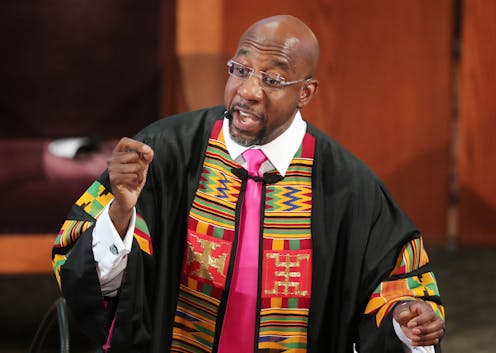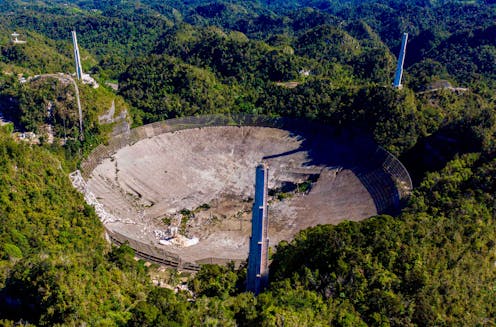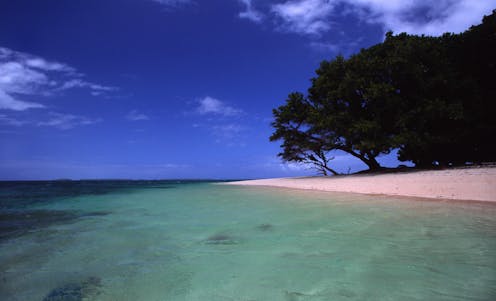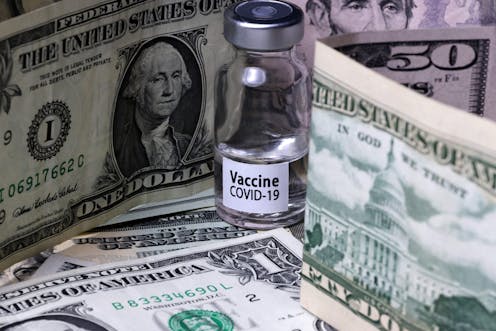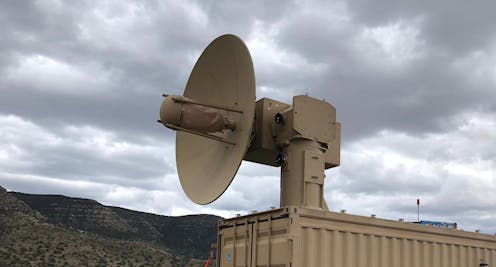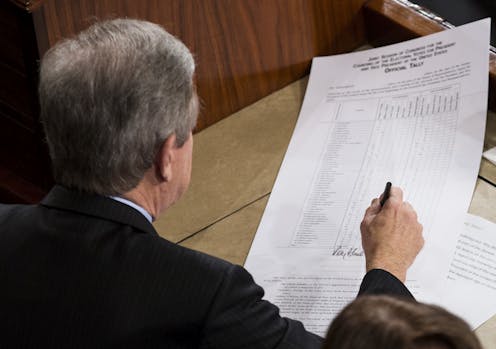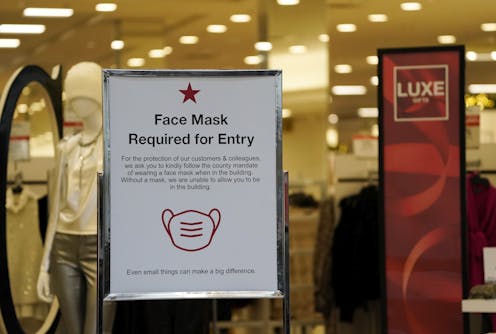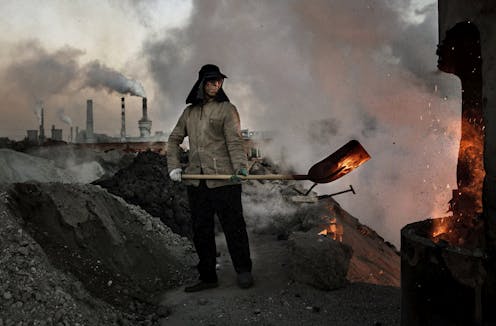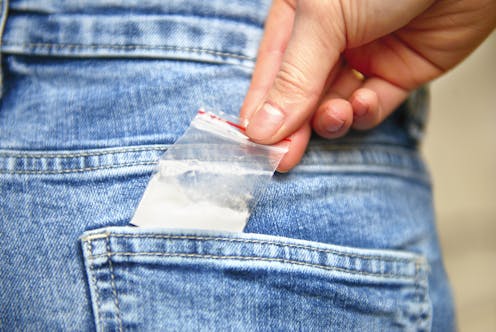What is a neural network? A computer scientist explains
- Written by Tam Nguyen, Assistant Professor, University of Dayton
 Neural networks try to simulate the brain by processing data through layers of artificial neurons.MF3d / E+ via Getty Images
Neural networks try to simulate the brain by processing data through layers of artificial neurons.MF3d / E+ via Getty ImagesEditor’s note: One of the central technologies of artificial intelligence is neural networks. In this interview, Tam Nguyen, a professor of computer science at the University of Dayton, explains how neural networks,...
Read more: What is a neural network? A computer scientist explains


